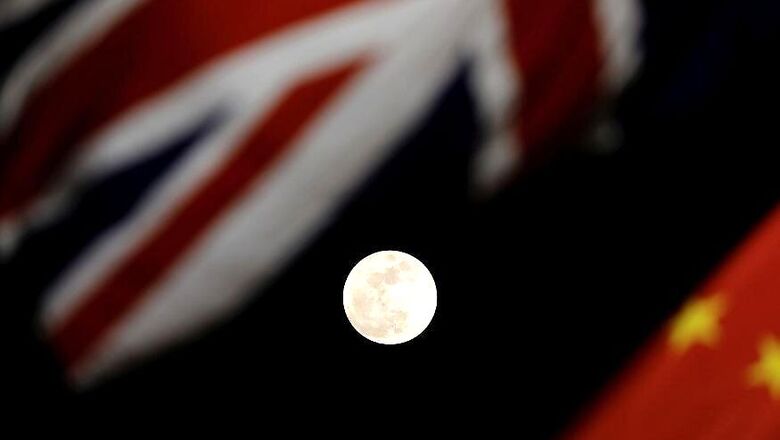
views
Whoever said the Cold War ended? That war of sorts, dismissed too rapidly as almost historical now, was of course led by the US, together with its Western European allies against communism of the Soviet kind. Those cold clouds have begun to gather again over recent months and weeks, and they now loom heavily over London, doubly layered; they look both Chinese and Russian. A report by MPs just published in London shows heavy KGB penetration of Britain over years now, and a new front opens wider by the day against China.
That neither Chinese communism today, nor Russian, is what it was through the Cold War does alter the temperature of this new one. And it changes the feel of the front; the ‘enemy’ has more money. China certainly and Russia in its way bring more money west than they ever could earlier, or be conceived of earlier as doing.
Britain has emerged as a laundromat for corrupt oligarch money in Britain, the MPs report published this week says. We didn’t need an MPs report to tell us that. Some of the grandest property in and around London has been bought over recent years by oligarchs; any of the big estate agents can tell you that. Many who live in the most exclusive neighbourhoods in Britain will. Britain is not particular about attracting only oligarch money, though. Crooked money from around the world comes to Britain, and those who made it, come with it. It comes because it’s welcomed.
The welcome is official. A couple of million pounds, small change by oligarch standards, that is invested, not even paid – and anyone can fly in to live in Britain as resident and soon enough as citizen. Money from offshore accounts is accepted, with no or few questions asked. It’s politely called an investor visa. The gates have opened widely to the ‘enemy’.
Few around the world have been buying property in London as busily as the Chinese and the Russians - the British can almost not afford central London any more. Nobody needs a report to point this out, you can see that on the streets of the swankest areas of central London. It speaks of a duality, not for the first time: Britain is entering into a new cold war of sorts with both China and Russia, while taking in billions from both Russians and Chinese. The British are looking for ways to be cold to Russian and Chinese policies but warm to their money.
The British have long been rather good at this sort of thing. Britain has said no to Huawei, it says all the correctly liberal things about Hong Kong. But it’s a long way from saying no to money that comes in from the Chinese or the Russians, and no most promisingly, to citizens from Hong Kong. Now that the economy has taken a pounding, Britain needs pounds from somewhere, anywhere, more than ever.
Injecting Armour
The Oxford vaccine as it’s come to be called has taken us the nearest we’ve been to that dream through difficult months: one jab and your armour is in place against coronavirus. But consider what we know – and what we don’t. We’re not there yet, we don’t in fact have this Oxford vaccine, only the promise of one through early and limited trials.
So far so good, the results are “an important milestone,” Prof. Andrew Pollard, Director of the Oxford Vaccine Group told CNN-News18. “The type of responses we are seeing are exactly the sort we were hoping for.” The early tests demonstrate a promising immune response to the vaccine.
“We see strong neutralising antibodies, these are antibodies that bind to the virus and neutralise it so it can’t infect cells, and secondly we can see white blood cells being produced by the vaccine that destroy cells that have already got infected,” Prof. Pollard said. “We hope that will lead to protection as we carry forward.”
That is hope enough for Adar Poonawalla, CEO of The Serum Institute in India, to be speaking already of production of doses in millions this year, and eventually a billion for India.
But we’re as yet at the stage of hope, not of delivery, and well short of any guarantee of protection through development of this vaccine. “There are no guarantees,” British PM Boris Johnson said. He called the early results “an important step in the right direction.” Health secretary Matt Hancock pointed out that the UK government has already ordered 100 million doses “should it succeed.”
And what could success be? Protection ideally, but we’d all need an overdose of optimism to believe that we could have access to a fully protective vaccine by the end of the year. The next and bigger phase of trials is seeking to answer some difficult questions: how long this vaccine could offer protection for, whether it would offer limited protection or only reduce the severity of symptoms, and whether it can work with older people, not the younger lot it’s been tested on so far. And what if or when the virus mutates, as the flu virus does, that makes flu vaccines limited at best.
Plans for production are proceeding. Head of the UK government taskforce on Covid Kate Bingham pointed out on Wednesday that manufacturing of the vaccine was a “risk” because it was not certain what the final outcome will be, and whether this vaccine would get regulatory approval. It’s a risk everyone seems happy at the moment to take.










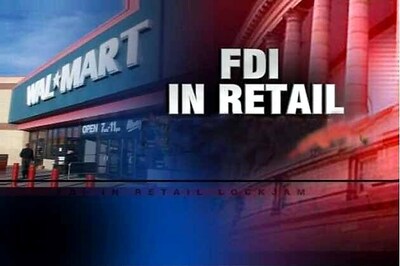
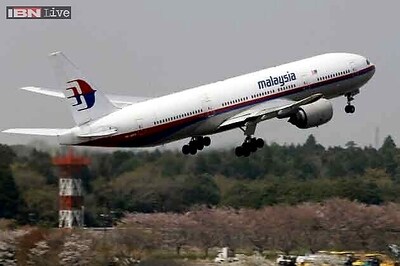
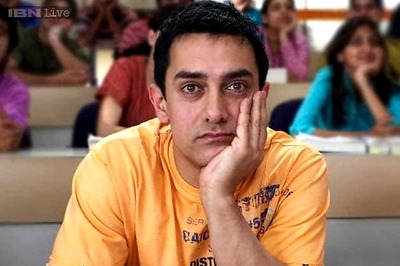

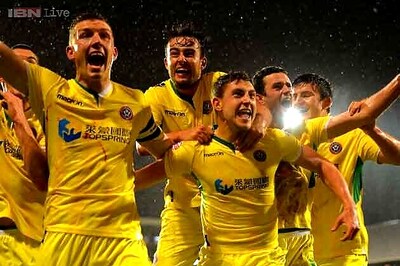
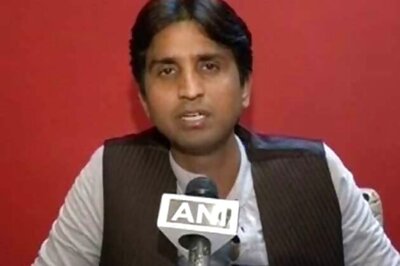
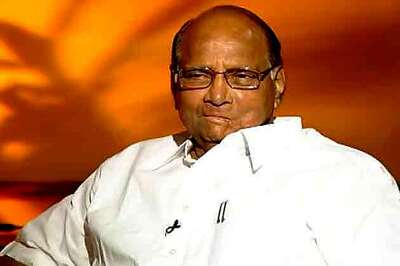
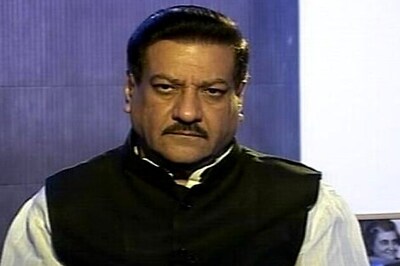


Comments
0 comment